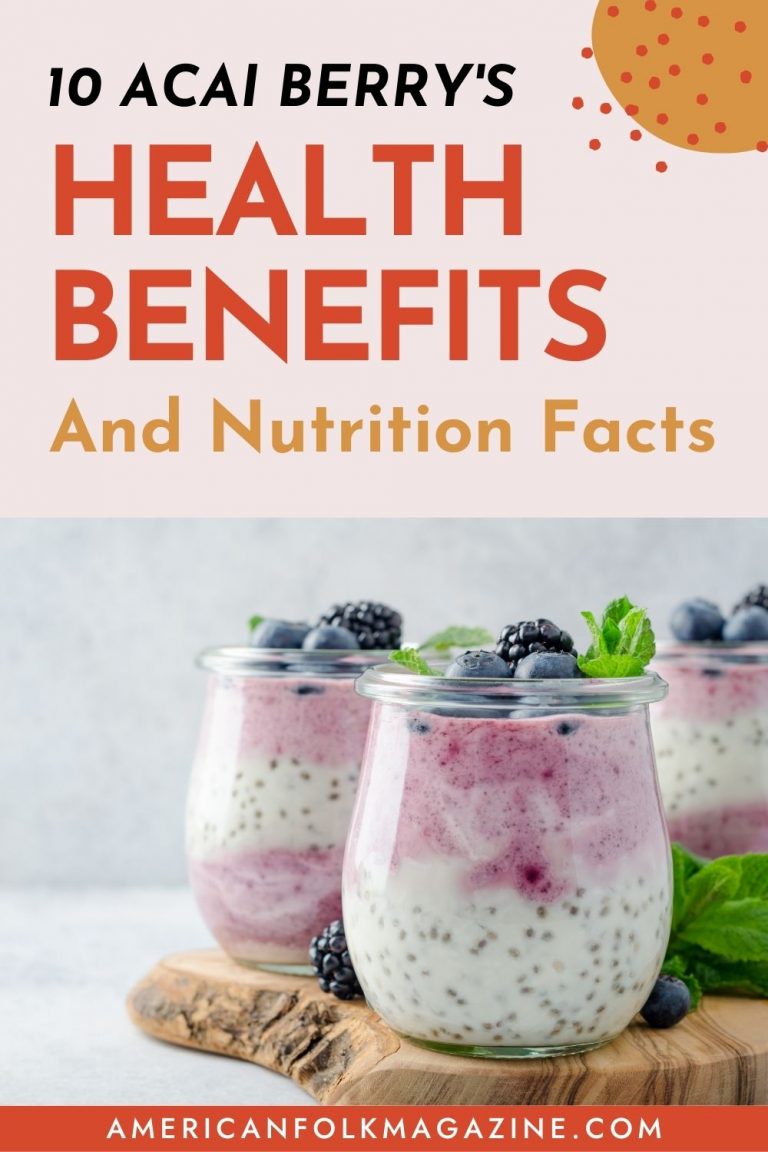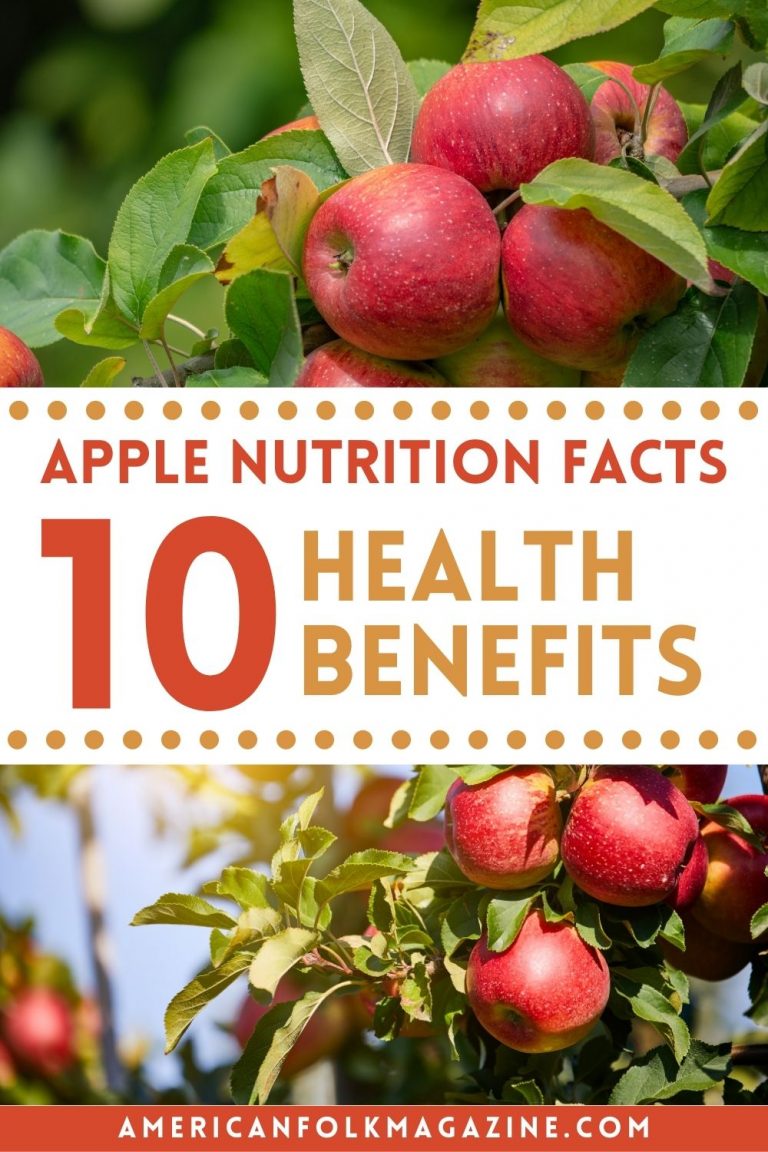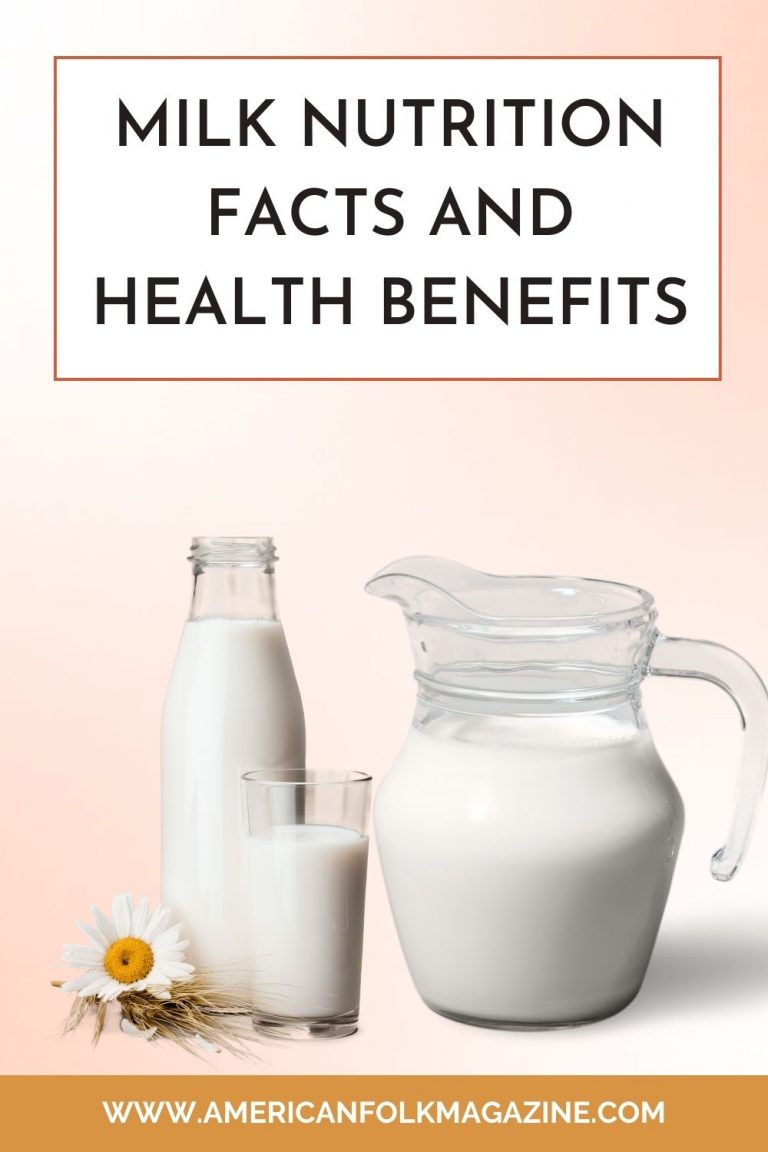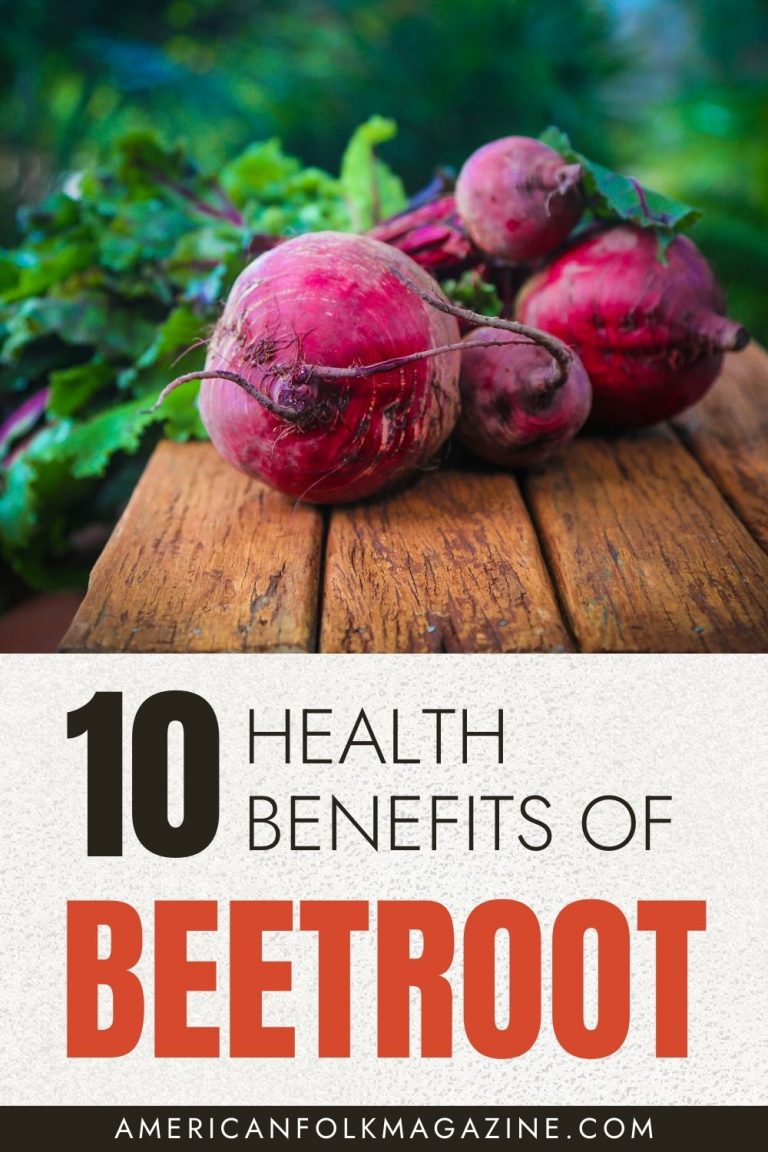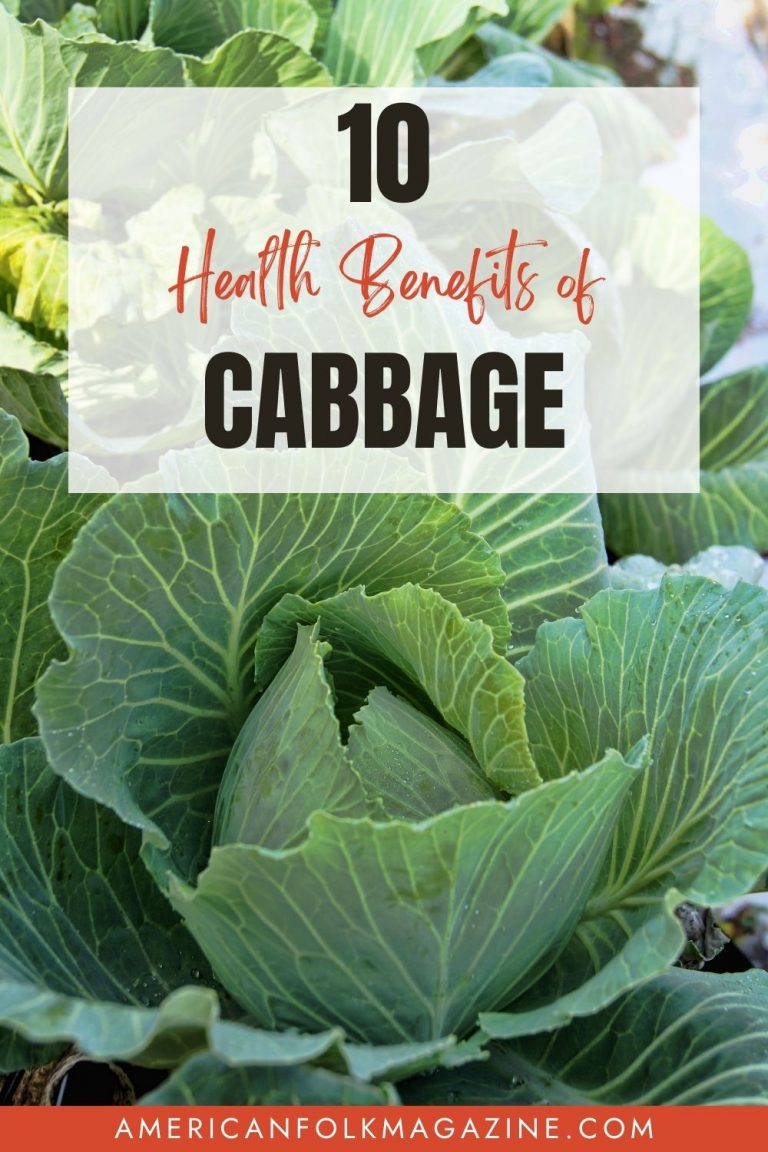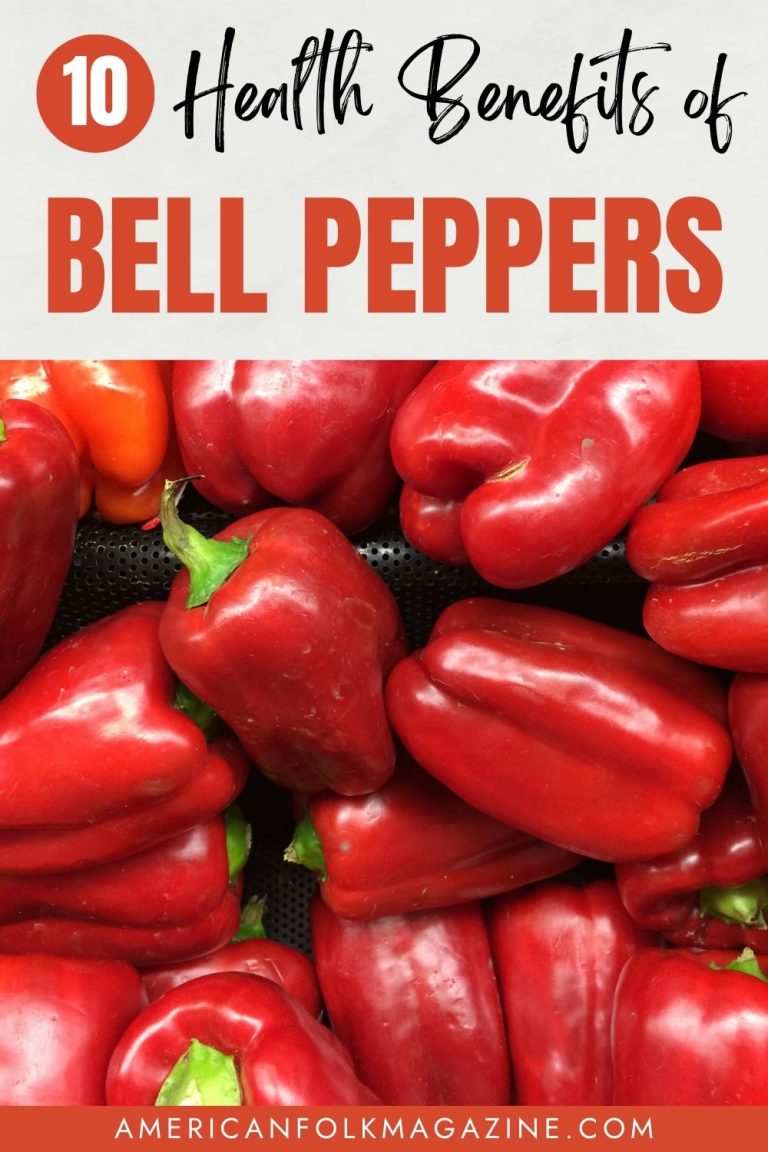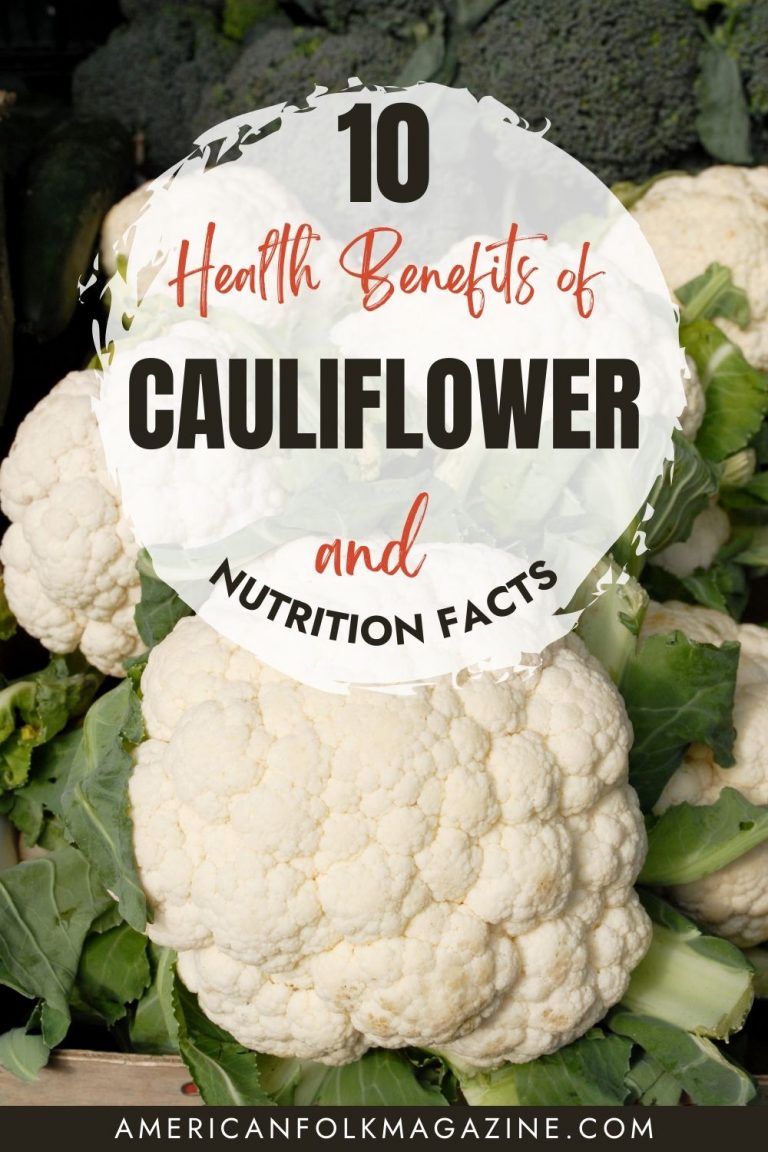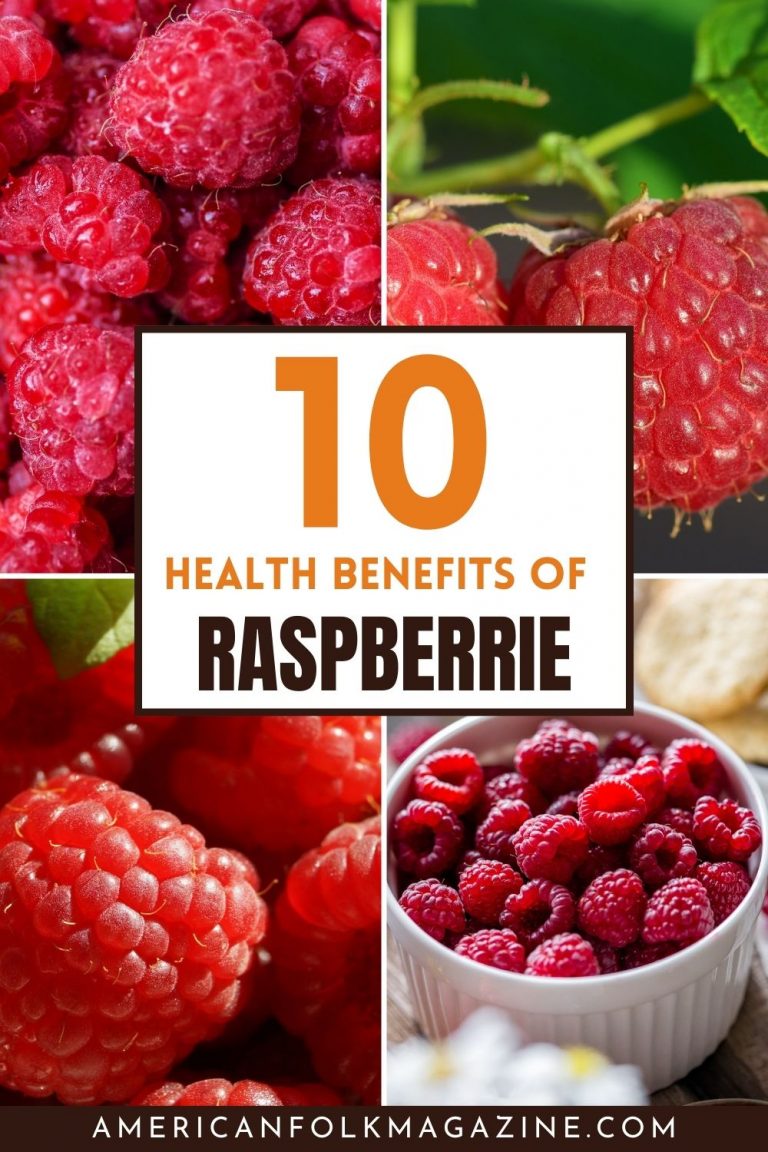Persimmons are a sweet and flavorful fruit that is packed with nutrients and health benefits. They are a good source of vitamins, minerals, and fiber, making them an excellent addition to any diet. In this article, we will explore the top 10 health benefits of persimmons and their nutrition facts.
Nutrition Facts of Persimmon
Persimmons are a sweet and juicy fruit that are packed with nutrients. They are low in calories and high in fiber, making them a great addition to a healthy diet.
The following table shows the nutrition facts for one medium-sized persimmon (168g):
| Nutrient | Amount |
|---|---|
| Calories | 118 |
| Fat | 0.3g |
| Sodium | 1.7mg |
| Carbohydrates | 31g |
| Fiber | 6g |
| Sugars | 21g |
| Protein | 1g |
| Potassium | 270mg |
| Beta carotene | 425mcg |
As you can see from the table, persimmons are low in fat and sodium, and high in fiber and potassium. They are also a good source of beta carotene, which is converted to vitamin A in the body.
Persimmons are also rich in antioxidants, including catechins and gallocatechin, which have anti-inflammatory and anti-infective properties. Additionally, they contain betulinic acid, which has been shown to have anti-tumor properties.
In summary, persimmons are a nutrient-dense fruit that can provide a range of health benefits. Incorporating them into your diet can be a great way to boost your intake of fiber, potassium, and antioxidants.
10 Health Benefits of Persimmon
Persimmons are a sweet, flavorful fruit that are packed with nutrients. Here are 10 health benefits of persimmons:
1. Boosts Immunity
Persimmons are a great source of vitamin C, which is essential for a healthy immune system. One medium-sized persimmon contains about 20% of the daily recommended intake of vitamin C. Vitamin C is an antioxidant that helps protect cells from damage caused by free radicals.
2. Promotes Heart Health
Persimmons are high in fiber, which can help lower cholesterol levels and reduce the risk of heart disease. They are also a good source of potassium, which can help regulate blood pressure and reduce the risk of stroke.
3. Aids Digestion
Persimmons are a good source of fiber, which can help promote regularity and prevent constipation. They also contain tannins, which can help soothe an upset stomach.
4. Improves Vision
Persimmons are a good source of vitamin A, which is essential for healthy vision. One medium-sized persimmon contains about 55% of the daily recommended intake of vitamin A.
5. Promotes Healthy Skin
Persimmons are a good source of antioxidants, which can help protect the skin from damage caused by free radicals. They are also a good source of vitamin C, which is essential for collagen production and can help keep the skin looking youthful and healthy.
6. Supports Weight Loss
Persimmons are low in calories and high in fiber, which can help promote feelings of fullness and reduce overall calorie intake. One medium-sized persimmon contains only 118 calories and 6 grams of fiber.
7. Enhances Brain Function
Persimmons are a good source of antioxidants, which can help protect the brain from damage caused by free radicals. They are also a good source of vitamin B6, which is essential for brain function.
8. Strengthens Bones
Persimmons are a good source of calcium, which is essential for strong bones. One medium-sized persimmon contains about 8% of the daily recommended intake of calcium.
9. Regulates Blood Pressure
Persimmons are a good source of potassium, which can help regulate blood pressure. One medium-sized persimmon contains about 270 milligrams of potassium.
10. Helps Control Blood Sugar
Persimmons are a good source of fiber, which can help regulate blood sugar levels. They are also a good source of antioxidants, which can help protect the body from damage caused by high blood sugar levels.
How to Incorporate Persimmon in Your Diet
Persimmons can be a delicious and nutritious addition to your diet. Here are a few ways to incorporate persimmon into your meals:
1. Eat it Raw
One of the simplest ways to enjoy persimmons is to eat them raw. Wash the fruit thoroughly and remove the leaves and stem before slicing it into wedges or cubes. You can add it to salads, smoothies, or enjoy it as a snack.
2. Bake it
Persimmons can be baked into pies, cakes, and bread. They can also be roasted and served as a side dish. Baking persimmons brings out their natural sweetness and adds a unique flavor to baked goods.
3. Make a Jam or Sauce
Persimmons can be used to make a delicious jam or sauce. Simply cook the fruit with sugar and water until it forms a thick, spreadable consistency. The jam or sauce can be used as a topping for toast, yogurt, or ice cream.
4. Add it to Your Oatmeal
Add sliced persimmons to your oatmeal for a sweet and nutritious breakfast. The fruit adds a natural sweetness and a variety of nutrients to your meal.
5. Make a Smoothie
Blend persimmons with other fruits and vegetables to make a delicious and healthy smoothie. You can also add protein powder or yogurt to make it more filling.
6. Use it in a Salad
Persimmons can be added to salads for a unique and flavorful twist. They pair well with bitter greens like arugula and radicchio, as well as nuts and cheeses.
7. Make a Salsa
Persimmons can be used to make a sweet and spicy salsa. Simply chop the fruit and mix it with diced peppers, onions, and cilantro. Serve it with chips or as a topping for grilled meats.
8. Grill it
Grilled persimmons make a delicious and healthy dessert. Simply slice the fruit and grill it for a few minutes on each side. Serve it with a dollop of yogurt or a drizzle of honey.
9. Freeze it
Persimmons can be frozen and used in smoothies or other recipes. Simply slice the fruit and freeze it in a single layer on a baking sheet. Once frozen, transfer the slices to a freezer bag or container.
10. Use it in Cocktails
Persimmons can be used to make a variety of cocktails. Simply muddle the fruit with herbs and spices, and mix it with your favorite liquor and mixers.
References:
- https://www.verywellfit.com/persimmon-nutrition-facts-4587438
- https://www.healthline.com/nutrition/persimmon-nutrition-benefits
- https://www.webmd.com/diet/health-benefits-persimmon
Pin It In Your Board




